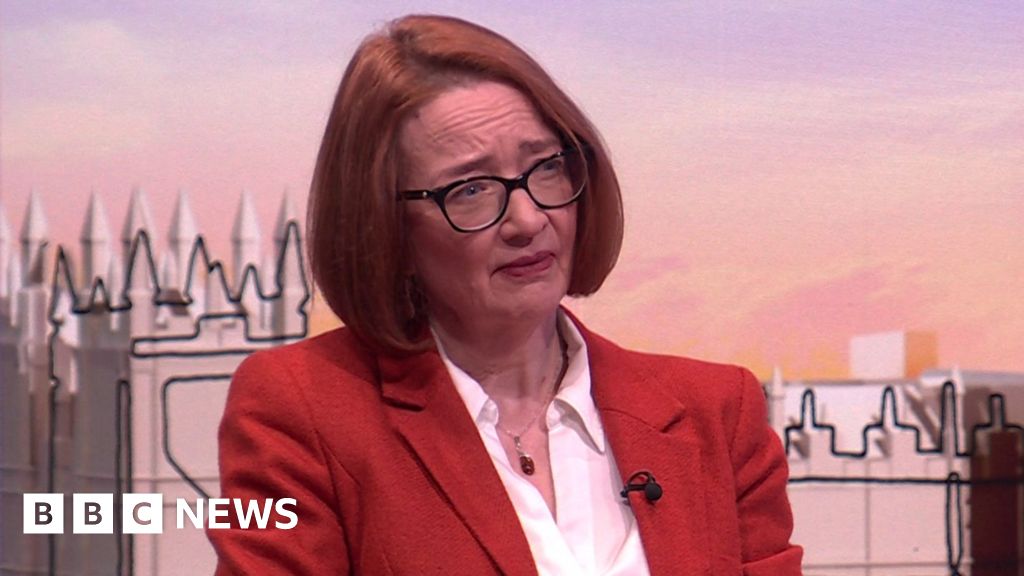The government has failed in its attempt to block a challenge against its decision to ban Palestine Action under terrorism laws.
In a highly significant ruling, the Court of Appeal paved the way for the review of the ban before a High Court judge next month.
The co-founder of Palestine Action, Huda Ammori, had won permission earlier this year for that judicial review of the Home Secretary’s ban.
Ministers then tried to stop the hearing from going ahead, arguing that Parliament had set out a specific and alternative process for appealing against banning orders.
The ban, which started on 5 July, makes membership of, or support for, the direct action group a criminal offence.
More than 2,100 people have been arrested in demonstrations since the group was banned. During those protests, they have held up signs reading “I oppose genocide, I support Palestine Action”.
Some 170 of the protesters have been charged with allegedly showing support for the group, which can lead to six months in jail.
Under terrorism laws, any group that is banned by ministers can ask to be “deproscribed” through a complicated internal review by the Home Office. That process that can take months to complete.
If ministers decide the ban should still remain in force, the order can be reconsidered by judges in a special semi-secret court, the Proscribed Organisations Appeal Commission (POAC).
In practice, this means that any group that is banned, but believes it can show it is not involved in terrorism, would spend potential one year or more fighting its case.
Lawyers for Ms Ammori argued that the unusual circumstances of the group’s ban – and the level of public support for the direct action group – meant that process was not fair and the ban should be immediately reviewed by the High Court.
They said Parliament had not explicitly ruled out a faster process to immediately challenge a ban, even though it had created the alternative slower appeal process.
Baroness Sue Carr, the Lady Chief Justice, said Ms Ammori could lawfully bring her challenge to the initial decision to proscribe Palestine Action, rather than have to wait for the outcome of the longer POAC process.
“An application to deproscribe, with a right of appeal to POAC, was not intended to be a means of challenging the initial decision,” she said in her ruling on Friday morning.
She said a judicial review would be a “quicker means of challenging the order proscribing Palestine Action, than applying to deproscribe”.
“Judicial review would enable the High Court to give an authoritative judgement on whether or not not it was lawful to proscribe Palestine Action.
“That judgment could then be relied on in criminal courts hearing charges against any person arrested in connection with their support of Palestine Action.”
A spokesperson for the Home Office said that it noted the Court of Appeal’s decision and would now carefully consider the implications.
“Palestine Action has conducted an escalating campaign. This has involved sustained criminal damage, including to Britain’s national security infrastructure, as well as intimidation, alleged violence and serious injuries,” they said.
“Palestine Action remain a proscribed group and those who support them will face the full force of the law.
“Everyone should remember: supporting Palestine and supporting a proscribed terrorist group are not the same thing.”
But Ms Ammori said an attempt by the government to avoid judicial scrutiny had “backfired spectacularly” because the Court of Appeal had also ruled that she could challenge the ban on more grounds than had initially been the case.
“We now head into the judicial review in November with an even stronger legal footing,” she said in a statement.
“Arresting peaceful protesters and those disrupting the arms trade is a dangerous misuse of counter-terror resources.”
Ms Ammori also won a second related application to expand her case in November. This means she has permission to present wider grounds to the High Court about why she says the ban is unlawful.


